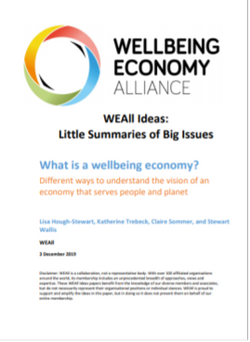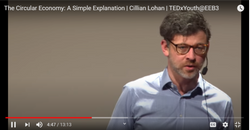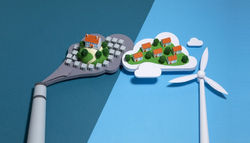What do we mean by a resilient economy?
This section contains resources from experts about the kind of economy that will build resilient and regenerative communities in Devon and beyond. It is especially good for beginners who want to learn about economics fit for the 21st century. We have also included some more intermediate and advanced learning for those that want to get nerdy about the new economy. This new economy is looking to meet current and future challenges that effect society from health and well being, food security and wealth inequality, to climate breakdown, biodiversity loss and ecosystem collapse and much more.
See our more pages on our 'knowledge hub' for more useful resources:
Tell us if you think something is missing or you have a case study you would like to share with us. If you have an idea get in touch and we can probably signnpost you to the right people to talk to.
Lets dive in!

































